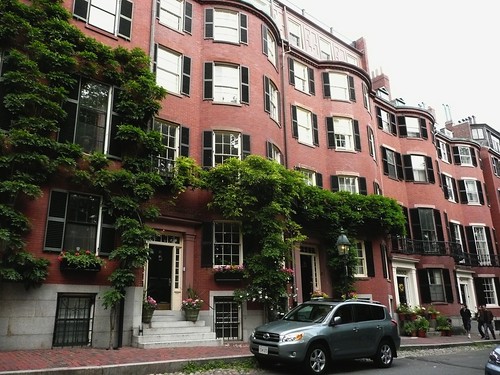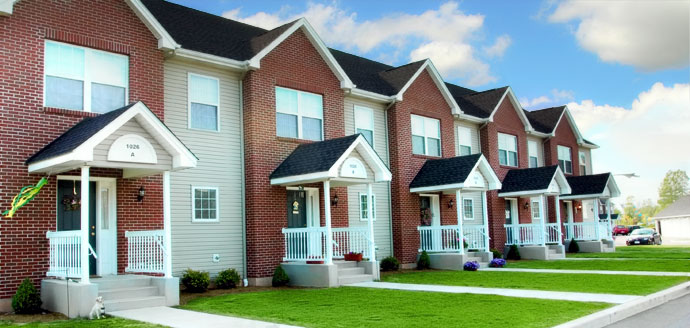statler
Senior Member
- Joined
- May 25, 2006
- Messages
- 7,938
- Reaction score
- 543
Ok, which one of you fuckers is Rachel Slade?
http://www.bostonmagazine.com/property/article/2015/04/28/boston-architecture/
Continued...Why Is Boston So Ugly?
How we built the most mediocre architecture in history, and how we’re going to fix it.
By Rachel Slade | Boston Home | May 2015
Thirty Dalton Street, a slim residential tower being built at the corner of Dalton and Belvidere in the Back Bay, is destined to rise 26 stories on a sliver of land just behind the Christian Science Plaza. It announced itself one day last fall, when a tiny piece of the future tower was erected on the site, made of that bluish reflective glass you see on literally every façade in Boston—the kind that unfortunate birds mistake for sky—and standard-issue metal panels, probably labeled “pewter” on the office sample. Formless, indistinct, ugly: another Boston skyscraper inspired by a Holiday Inn in Topeka.
http://www.bostonmagazine.com/property/article/2015/04/28/boston-architecture/


